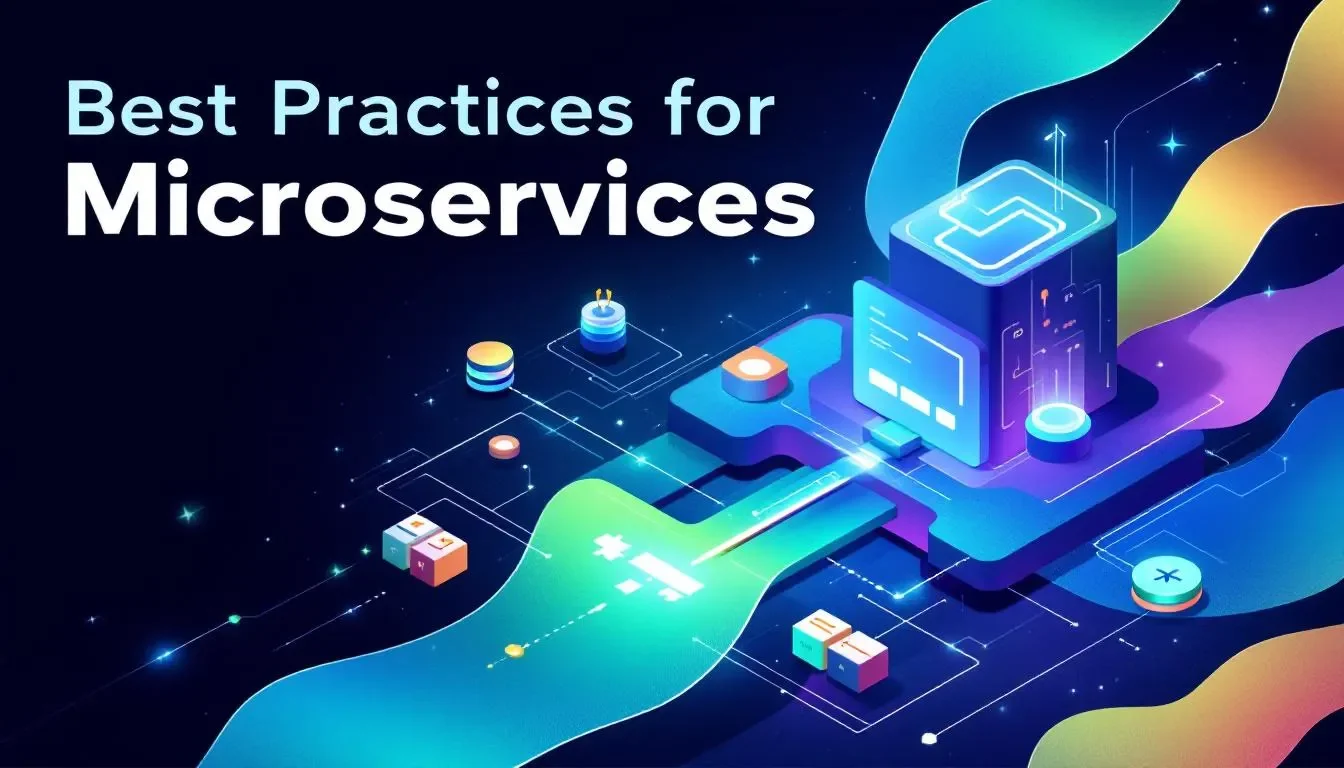Creating a structured mentorship program significantly boosts the growth, productivity, and confidence of junior developers. Establishing a clear, detailed framework ensures a productive mentoring environment where both mentors and mentees benefit, enhancing overall organizational success.
Clearly Define Mentorship Objectives
Setting clear, specific objectives at the outset is crucial for aligning expectations. Begin by conducting initial meetings where mentors and mentees openly discuss the mentees' goals, strengths, and areas of improvement. Objectives should directly reflect the mentee's career aspirations while aligning closely with the organization's goals and technology stack. Clarifying responsibilities, benefits, and expected outcomes early ensures focused and meaningful interactions.
Selecting Experienced and Skilled Mentors
Choosing the right mentors can make or break your mentorship program. Mentors should not only possess deep technical expertise but also excel in communication and empathy. Experienced mentors who understand the unique challenges faced by junior developers can provide tailored advice that significantly accelerates mentee growth. If your internal pool is limited, consider leveraging external mentorship platforms such as MentorCruise or Codementor to connect junior developers with highly qualified mentors.
Implement a Structured Onboarding Process
Structured onboarding significantly improves the integration and productivity of junior developers. Assigning onboarding buddies—experienced developers familiar with company processes—helps new hires navigate company standards, understand project specifics, and quickly adapt to the working culture. Complement this with an extensive knowledge base, documenting coding standards, best practices, and frequently asked questions, along with hands-on training sessions covering essential tools and technologies.
Foster Open and Transparent Communication
Trust and transparency form the foundation of effective mentorship. Establish regular, scheduled check-ins to ensure consistent communication, allowing mentees and mentors to openly discuss progress, challenges, and goals. Mentors should practice active listening—summarizing discussions and asking open-ended questions—to better understand mentee perspectives. Constructive, specific, and actionable feedback should be regularly provided, focusing on both strengths and areas for improvement to continually foster professional growth.
Integrate Pair Programming

Pair programming actively promotes collaborative learning and enhances code quality by encouraging direct interaction between mentors and mentees. Regularly alternating roles between driver and navigator keeps both parties engaged and facilitates continuous learning. Communication during pair programming should involve clear discussions around decision-making processes, coding practices, and troubleshooting approaches. Documenting key decisions further reinforces understanding and promotes a cohesive approach to development tasks.
Provide Continuous Learning Opportunities
Offering ongoing educational resources and opportunities maintains engagement and ensures continuous skill advancement. Provide junior developers with access to various workshops, online courses, coding challenges, and certifications that align with their professional goals. Internally developed training programs tailored to the company’s unique technology stack and projects enhance relevance. Additionally, encouraging self-directed learning through tutorials, books, and digital resources empowers mentees to actively manage their personal and professional development.
Consistently Recognize and Reward Progress
Regular recognition of mentee progress significantly boosts morale and motivation. Structured performance reviews should clearly define expectations and evaluate mentee accomplishments objectively. Celebrating both small and major milestones through positive reinforcement fosters a supportive and motivating work environment. Additionally, openly discussing career advancement opportunities and clearly outlining potential growth paths keeps junior developers focused, ambitious, and invested in their careers and the organization’s future.
Promote a Robust Mentorship Culture

An effective mentorship culture requires active leadership support and involvement. Leaders should openly support mentorship by recognizing and rewarding mentors' contributions. Integrating mentorship participation as a requirement or significant advantage for career advancement further demonstrates the organization's commitment. Encouraging peer mentoring, where junior developers regularly engage with peers to exchange knowledge and experiences, reinforces a collaborative and supportive team atmosphere.
Effectively Adapt to Remote Mentorship
In today's remote work environments, effective mentorship requires flexibility and strategic use of digital tools. Regular virtual face-to-face meetings via platforms like Zoom maintain personal interactions despite geographical separation. Collaborative tools such as Slack for communication, Trello for task management, and GitHub for code collaboration streamline remote mentorship processes. Implementing structured remote pair programming sessions with clear agendas enhances productivity, knowledge sharing, and helps maintain strong mentor-mentee relationships even remotely.
Conclusion
A structured, well-defined mentorship program empowers junior developers, accelerates their skill development, and contributes positively to team productivity and organizational growth. Clear objectives, thoughtful mentor selection, open communication, continuous learning, regular recognition, and adaptability to remote work environments are vital components of a successful mentorship initiative. Implementing these strategies creates an environment where junior developers thrive, driving long-term benefits for both individuals and the organization



